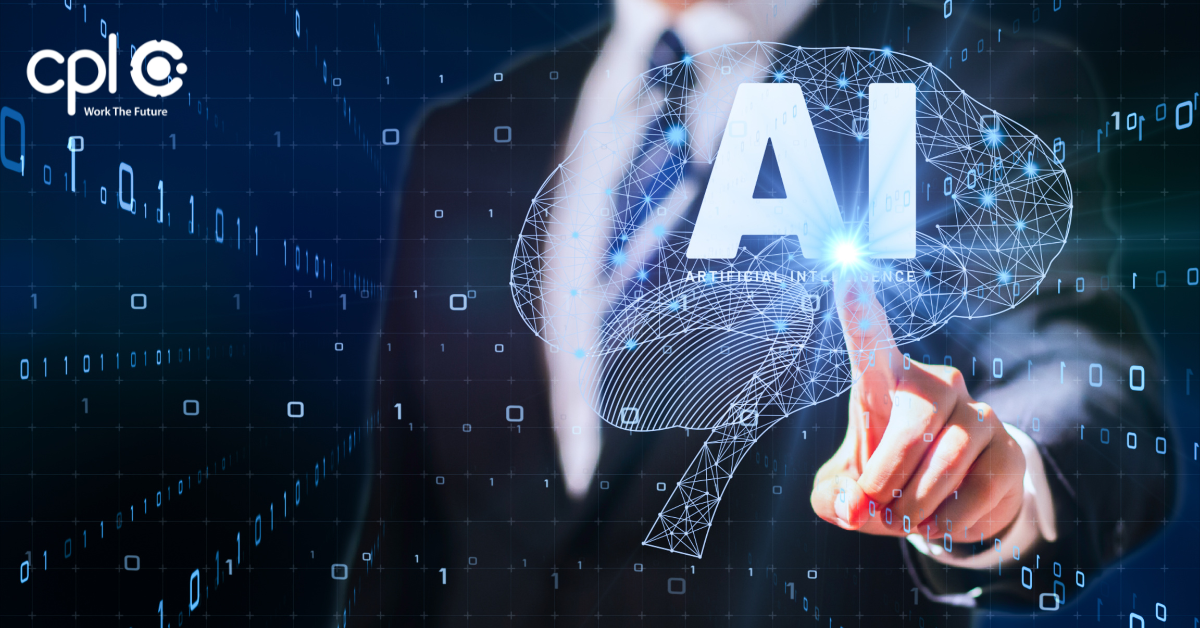Artificial Intelligence (AI) is rapidly becoming an integral part of HR processes, and recruitment is no exception. AI-powered tools can now automate routine tasks, accelerate data processing, and open up new possibilities for engaging relevant candidates more efficiently. From the perspective of a recruitment agency, we see AI as a tremendous opportunity but also as a technology that requires careful and responsible use.
When used correctly, AI can significantly speed up recruitment, enhance the candidate experience, and free up recruiters to focus on high-value activities. However, careless implementation can compromise recruitment quality and lead to unethical decisions, discrimination, or a loss of trust in the hiring process.
Where AI Adds Value: Faster, Smarter Hiring
Today, AI can handle many tasks that previously required substantial time and effort:
Candidate Sourcing and Pre-Screening
AI can quickly analyze resumes based on keywords, experience, qualifications, or location. Algorithms can recommend candidates who best match the job profile.
Automated Candidate Communication
Chatbots, automated emails, and virtual assistants can send reminders, interview invitations, follow-ups, and personalized messages. This improves both the speed and quality of communication.
Job Ad Creation and Optimization
AI can suggest edits to make job postings more attractive, readable, and effective for different target groups. It can also evaluate campaign performance in real time.
Targeted Recruitment Campaigns
Using data and algorithms, AI can pinpoint where and how to reach the right audience by location, seniority, field, or online behavior.
The result? Time savings, reduced administrative burden, and more space for what truly matters in recruitment: human insight, empathy, and relationship-building.
Risks That Can’t Be Ignored
As AI becomes more prevalent in HR, we must also address the key questions it raises—not just technical, but ethical, legal, and procedural:
Algorithmic Bias
AI learns from historical data, which may be shaped by existing biases. If, for instance, past hiring data favored a specific gender or age group, the AI may unintentionally reinforce these patterns, deepening inequality in the job market.
Loss of Candidate Individuality
AI may reject strong candidates simply because their CV lacks specific keywords or has an unconventional format. It can overlook people with high potential who don't fit the "standard" profile—such as career changers or those returning from parental leave.
Lack of Transparency
Candidates often don’t know they’re being evaluated by an algorithm or why they weren’t selected. This can damage trust in the employer brand and the overall recruitment process.
Legal and Ethical Risks
Poorly configured AI tools can breach GDPR, labor laws, or equal treatment regulations - for example, by automatically collecting sensitive data or processing information in a discriminatory way.
Inadequate Training and Accountability
Without clear accountability and proper training, AI may be misused or poorly understood by HR teams. It is essential for companies to maintain oversight of how AI tools make decisions and who is ultimately responsible.
The Future of Recruitment: Human-Centered at Its Core
AI can transform and streamline recruitment, but it cannot replace what matters most: the human factor.
Our mission is to blend the best of both worlds - technological speed and the strength of human connection. That’s where the role of a recruitment agency is more important than ever.
Experienced consultants can see beyond the data. They understand personal stories, motivations, and team fit. They build trust, negotiate, offer thoughtful feedback and act as true partners to both clients and candidates.
Technology helps us move faster and work smarter. But values like empathy, understanding, and a personalized approach remain irreplaceable.
